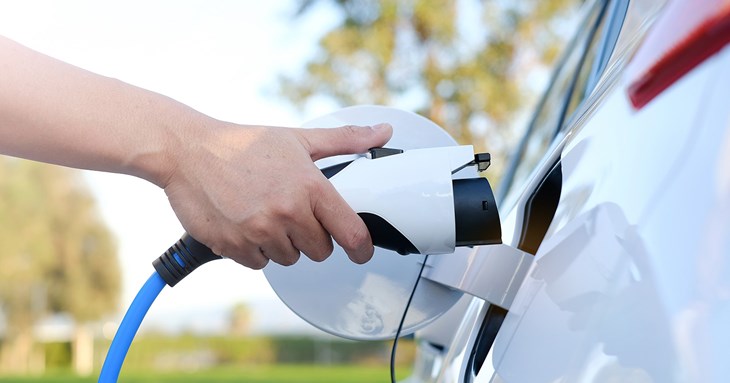Devon’s Climate Assembly planning for a net zero future
Published: 12 October 2021

The Devon Climate Assembly has developed and voted in support of a range of measures that if implemented would significantly cut carbon emissions across the county.
The Assembly was held over the summer and was made up of 70 members of the public, of different ages and backgrounds, who were randomly selected to be representative of Devon.
Assembly members were presented with expert evidence in keys areas that had been highlighted through previous public consultations as being particularly challenging to address. These were transport, the role of onshore wind and the need to retrofit homes.
Then, after 25 hours of deliberations over six weeks, they voted on which of the fourteen resolutions they had designed should be included in the Devon Carbon Plan – the county’s roadmap to net zero.
And now all the 11 recommendations which were supported - and those that weren’t - have been published in full on the Devon Climate Emergency website.
The resolution that had the most support - backed by 93% of Assembly members - was that more financial support should be available for those wishing to add energy conservation measures to their homes, a process called ‘retrofitting’.
Approximately 21% of Devon’s climate emissions are created by our homes, with a typical three-bedroom home using on average 21,500kWh of energy each year for heating, hot water, running appliances and lighting.
In contrast, a fully retro-refitted home with solar panels would need just 4,300kWh of energy a year.
The Assembly recognised that the expense of retrofitting puts it out of reach for most homeowners and that more funding needed to be available.
Another resolution, which gained high levels of support, was the Devon Carbon Plan’s goal to increase investment in electric vehicles and infrastructure across Devon.
In total 92% of members supported initiatives investing in a network of EV charge points. This resolution comes at an exciting time in Devon – plans for approximately 220 EV charging bays across more than 100 sites are already being planned, with the first tranche going live later this month.
And 89% of assembly members supported the increased development of onshore wind turbines, with 87% supporting a revision of the National Planning Policy Framework and removing the need for 'complete' community support before a new application is approved.
Onshore wind could rapidly help to decarbonise Devon, as turbines are cheap to manufacture, and it only takes 75 days of operational electricity production to offset the carbon used in the production process.
These measures, and others included within the report, will now be reviewed by Devon Climate Emergency’s partners and considered for action in the Devon Carbon Plan.
The public will have a chance to comment on those actions next year.
Assembly member Deryn Phillips said: “Being part of the Assembly was immensely challenging yet so worthwhile. I learnt so much from discussing with other members climate change events and the measures needed to counteract them. Many of the other members had very different concerns to my own and through these conversations it expanded my understanding of what needs to be done, and how it needs to be done, in order to reduce carbon emissions in Devon.
“I'd like to think that our recommendations are reasonable, fair to all Devon residents, inclusive and, above all, achievable. This is just the start of the campaign to reduce carbon emissions and it is now for governments and local authorities to take swift and appropriate action.”
Professor Patrick Devine-Wright, of the University of Exeter, Chairman of the Net-zero Taskforce, said: “Devon is leading the way on climate change by investing in democracy.
“The citizens’ assembly has ensured that people from all parts of the county and all walks of life have the opportunity to influence the carbon plan.
“The research we are conducting on the assembly will provide useful insights into how assemblies like this one can provide clear recommendations for policy, and a strong platform to tackle the extensive cuts in emissions now urgently required.”
